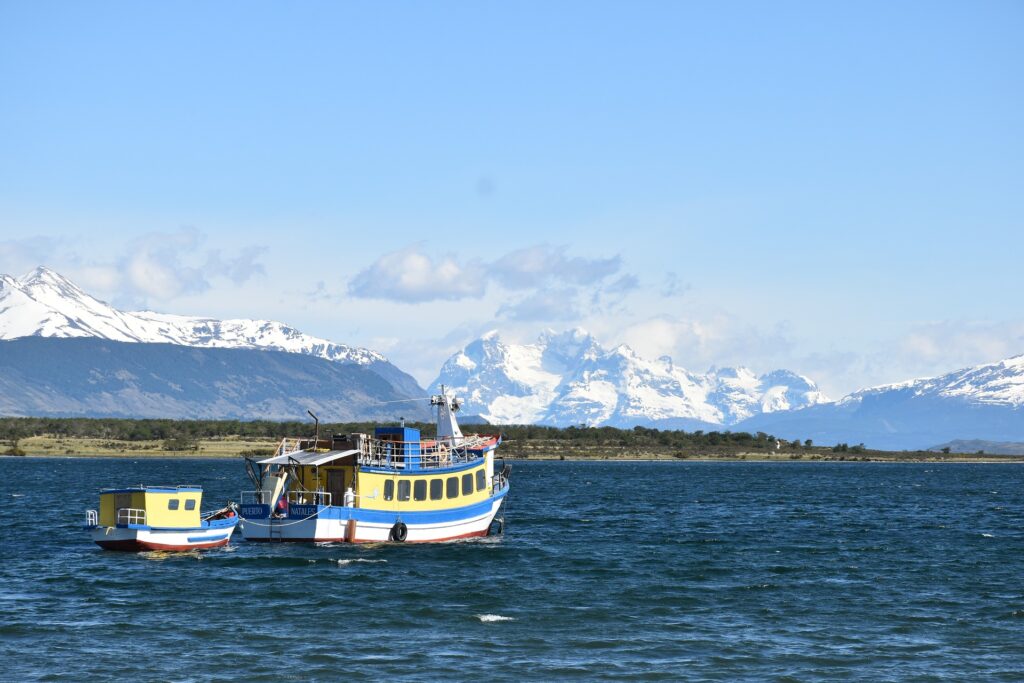
Patagonia, the southernmost tip of South America, is a land of breathtaking landscapes and adventure that beckons to the daring traveler. This guide will provide you with all the necessary information to plan your trip to this beautiful region, covering visa requirements, health preparations, useful contacts, staying connected, the best time to travel, and safety considerations.
Depending on your nationality, the visa requirements for traveling to Patagonia may vary. As Patagonia spans across both Argentina and Chile, you will need to check the visa regulations for both countries.
Always ensure that your passport is valid for at least six months beyond the date of your expected departure.
Before embarking on your journey to Patagonia, it’s crucial to prepare for any potential health risks. Here are some recommendations:
Having a list of useful contacts can be a lifesaver when traveling abroad. Here are some important numbers for your trip to Patagonia:
Staying connected while traveling in Patagonia can be challenging due to its remote location. Here are some tips:
The best time to visit Patagonia largely depends on your planned activities. The region’s weather is notoriously unpredictable, with all four seasons often experienced in a single day.
Despite its remote location, Patagonia is generally considered safe for travelers. However, it’s essential to take some precautions:
Understanding local customs and etiquette can greatly enhance your travel experience and help you connect with locals on a deeper level.
When packing for Patagonia, it’s important to be prepared for all types of weather. Here are some essentials:
The bottom line
Traveling to Patagonia is an adventure of a lifetime, offering untouched natural beauty and thrilling outdoor activities. By following this guide, you can navigate the travel formalities with ease, ensuring a smooth and enjoyable journey. From understanding visa requirements to knowing the best time to visit, preparing for health considerations to staying connected, and packing right, each aspect plays a crucial role in your overall travel experience. So go ahead, plan wisely, pack your bags, and get ready to explore the enchanting landscapes of Patagonia!